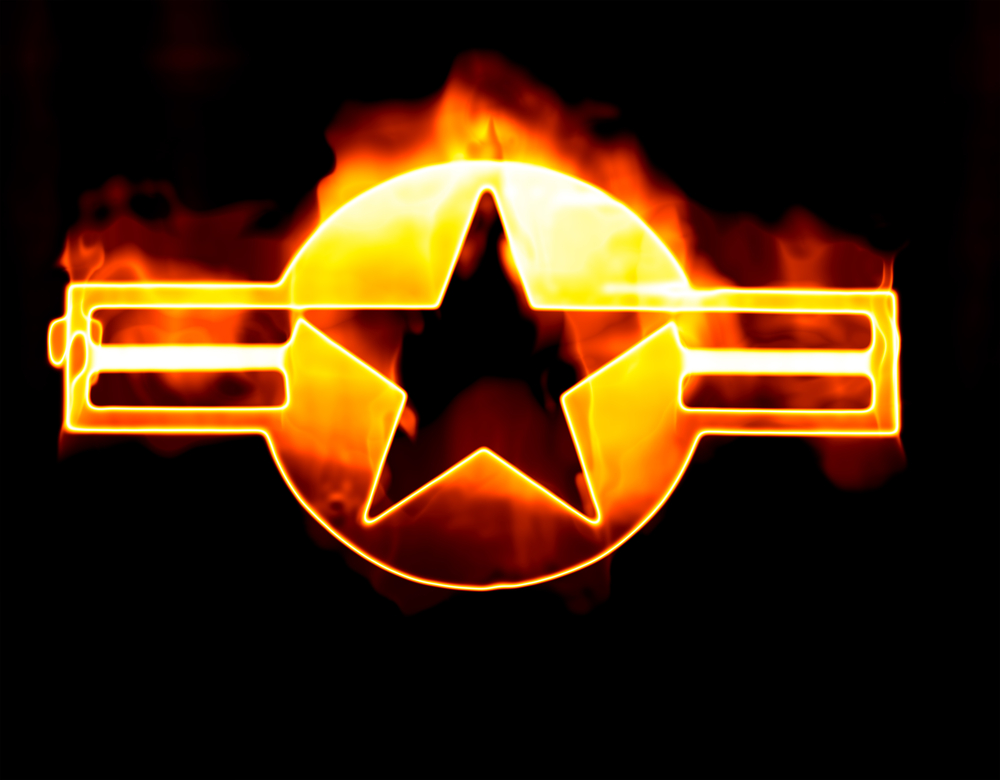
The United States Air Force has recently revealed plans for its next-generation mid-flight refueling tanker—the KC-Z—to launch by 2040. According to a USAF update posted online at the end of January, the military service will start conducting new research and analysis to assess potential alternatives for the existing NGAS—short for next-generation air refueling systems—in October. Specifically, the agency aims to learn what the whole of the defense industry might want to do; and they have until March 2 to submit their ideas.
With the KC-Z, the Air Force will enter the third—and final—stage of their tanker recapitalization initiative, a task that has taken ten years to complete. The new additions will join a fleet of KC-46 Pegasus tankers—from the first stage of this modernization effort—while the USAF looks to determine the proper way forward.
That new path is the KC-Y, but the Air Force has not decided how they will approach this. One option is to hold an industry competition, with the winner getting the contract. Specifically, the Air Force hopes to hear how any potential contractor would address the military’s goals to improve overall energy and fuel efficiency. Another option could be to forgo the competition and buy additional modified KC-46 Pegasus tankers. More info on this decision will likely come when the service releases its 2024 budget.
The Air Force has also recently detailed how their ideas could restructure how operations manage aerial refueling and which changes would be necessary to improve aerial refueling capabilities in future military conflicts. Such concepts might include higher-risk ideas that would depend, of course, on whether or not the technology would be primed by 2023.
This is just one contingency that brings obstacles to the Air Force’s overall modernization effort. While the service has made it clear they intend to focus on bringing tanker fleets into the next generation, budget constraints remain an issue. And despite overarching concerns regarding potential armed conflict with China, these budgetary constraints could push KC-Z tanker production back to 2040 or later.
